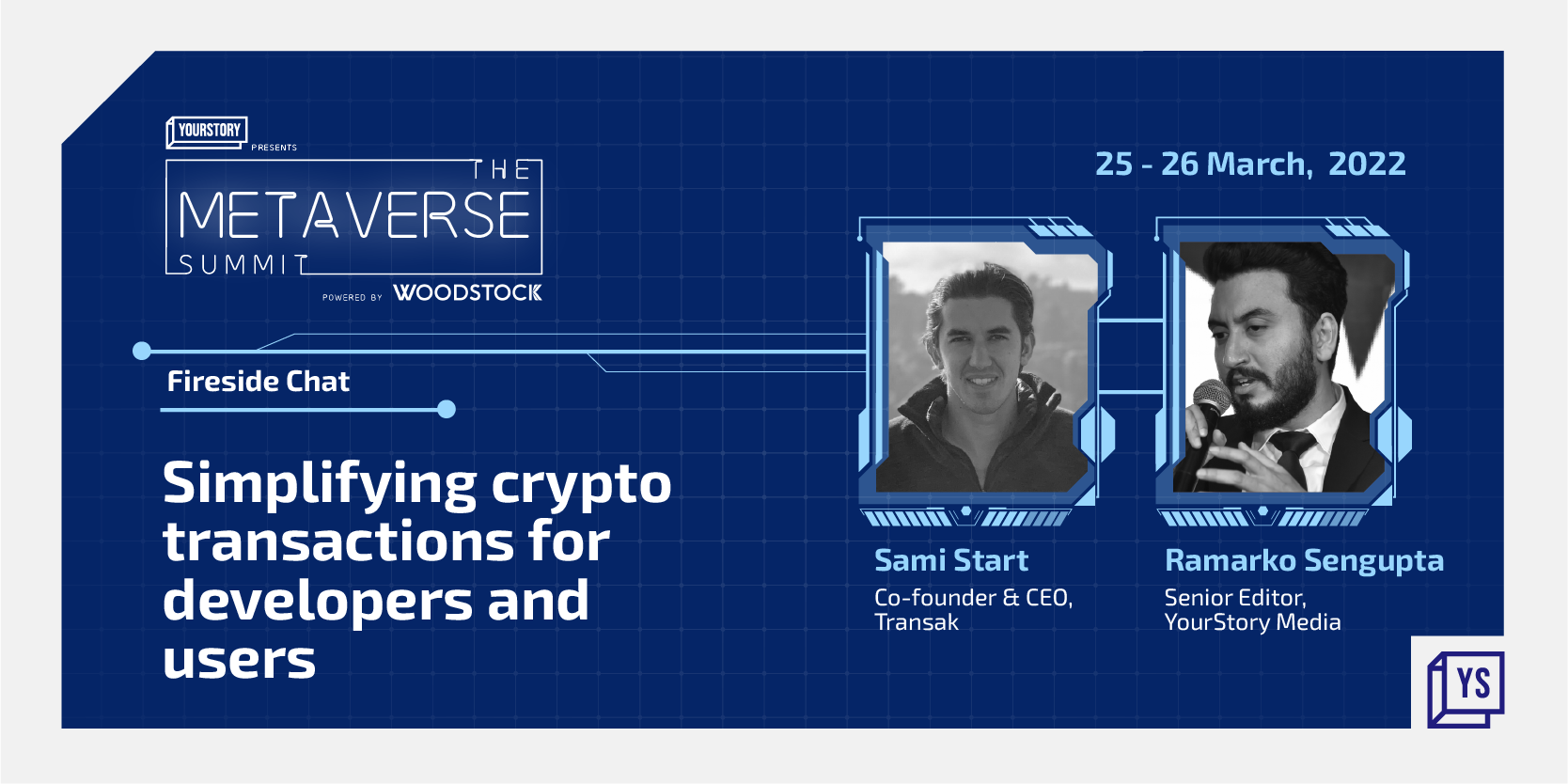
There's a great big war going on between the tech majors that's playing out in courtrooms all around the world. Our story starts out in the office of Steve Jobs who was so pissed off that Google's Android "stole" the concept of the smartphone. In an expletives-laden rant, Jobs said he was prepared to spend "his last dying breath" and "every last penny" to "destroy android". There was also a threat of a thermonuclear war thrown in for good measure.
Apple's first instinct would have been to sue Google directly, but since Google doesn't actually sell anything, Apple decided to go after the next biggest target - Samsung. The funny part, though, is that Apple and Samsung have a huge business relationship. Apple buys roughly 7 Billion Dollars worth of processors, screens, and other electronics components from Samsung. Apple absolutely needs Samsung to be able to sell those magical iDevice (in fact, Samsung makes the famed retina displays and the A5S processors inside the iPad 3), and Samsung needs Apple because that business accounts for roughly 14% of Samsung revenues. And yet, they're involved in a massive legal war, trying to get courts to ban each other's devices.
But that's not all Apple is after - Apple also sued HTC, which it thought was this mild-mannered Taiwanese manufacturer. HTC, however, turned out to be more than a handful. It immediately hired a blue-chip law firm, and counter-sued Apple. Apple thought it could push around the much smaller HTC, until one week later, VIA, a chipmaker, slapped a massive infringement lawsuit on Apple out of nowhere. Apple couldn't figure out why VIA was getting involved, until they figured out that HTC's chairwoman was married to VIA's CEO. There's a legal twist that Apple didn't see coming!
The funniest part, though, are the patents in question. Probably the most (in)famous of them is Apple's "Slide to Unlock" patent. My Grandfather's ancestral house, built in the 1800s, has a bolt on the main door that you have to slide to unlock. How can Apple have a patent on that? There's another patent that claims ownership over a "rectangular device with rounded corners and a display". And another one on "spell-check that suggests alternatives when you mis-spell". I think my 3rd standard English teacher is going to be angry that Apple patented that. And Apple's not the only one with the absurdity: Samsung has actually sighted science fiction movies as prior-art in the counter-lawsuit.
While all this was happening, Microsoft, frustrated with lack of any success in the mobile OS market, decided to do the next-best thing: Sue! And so, it dispatched armies of lawyers to cell phone manufacturers with a message: "Give us money, or we're going to hit you over the head with bucket-loads of lawsuits". Many manufacturers, not wanting the legal overhead, agreed to pay Microsoft a licensing fee for every device sold. The rumour is thatMicrosoft makes $5 for every Android device sold. Of course, that puts Microsoft in the embarrassing position of making more money from Android than from Windows mobile.
Google, of course, is not just sitting and watching. In a sucker-punch move, Google paid $12.5 Billion to acquire Motorola and its huge cache of patents. The fun is going to start when the acquisition completes. Motorola was the original innovator in the wireless space, and has a whole bunch of wireless and mobile related patents. In fact, Motorola has a patent on "Microprocessor controlled radio-telephone transceiver". That''s right: Motorola has a patent on the mobile phone. I can almost see Larry Page sitting in his office going "Muhaahahahaahaa!"
It's hard to imagine how all this is benefiting consumers. Just between Apple and Samsung, they've paid $400 million in legal fees, which they will undoubtedly pass over to the consumer. It's difficult to make any sense of what's going on.
The cynic in me has a theory. To play the patent wars, you need lots of $$$. This means that only current, established players can play the game, making it near-impossible for any startup to enter the market and disrupt it. The end-game probably is a cross-licensing agreement between the big players, creating a closed club of tech companies that will have a monopoly in the market. This kind of thing has happened before - in the car industry. All the big, global car manufacturers have cross-licensing agreements in place, making it nearly impossible for any new player to enter the industry. There hasn't been a successful new car company in decades.
Hopefully it won't be as bad as that, given the fast-moving and innovation driven nature of the tech industry. Plus, there is already a widespread belief that the current patent system is broken, and needs fixing. The optimist in me believes that this will get fixed before it becomes a problem from everyone, letting everyone get back into the business of innovation.











